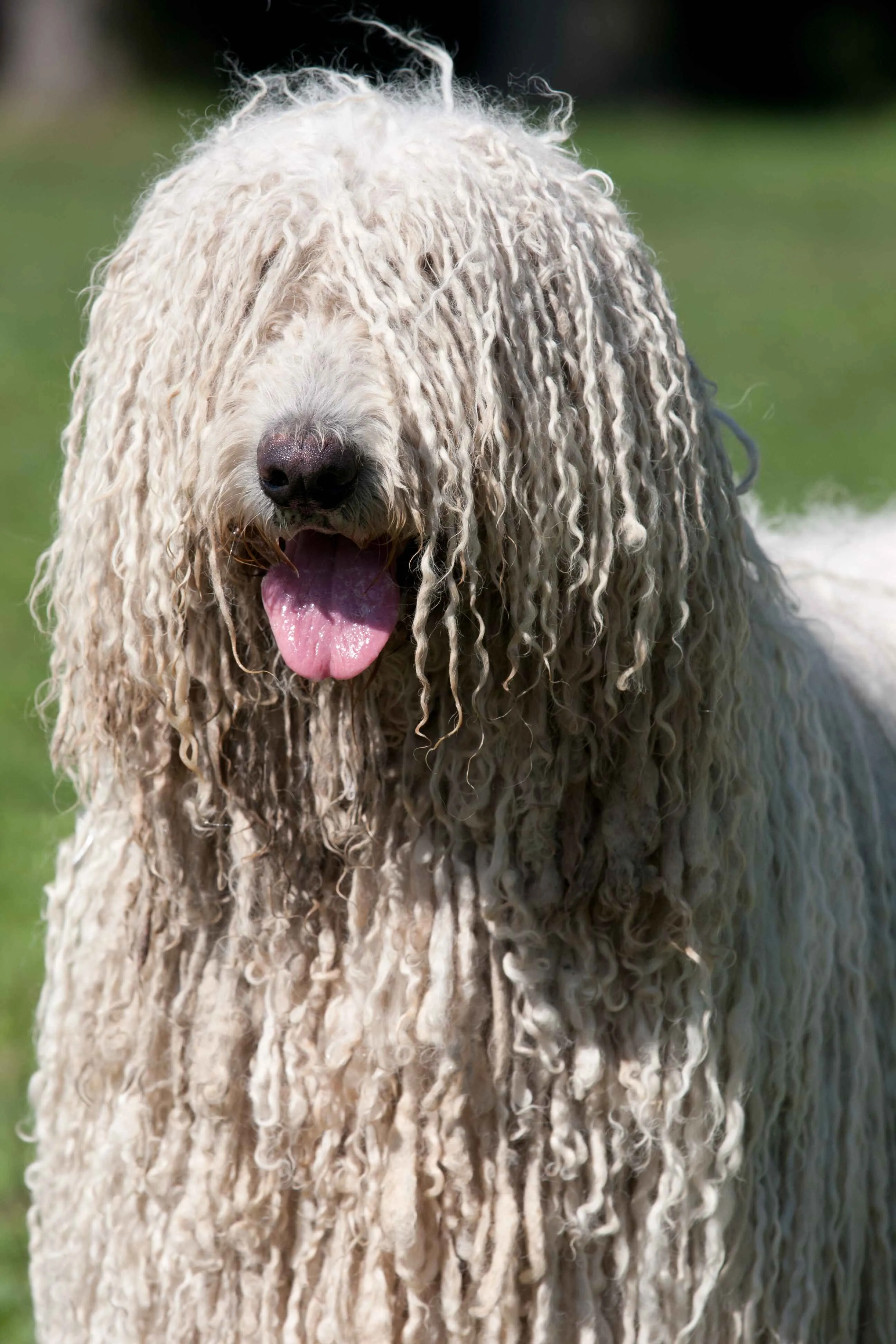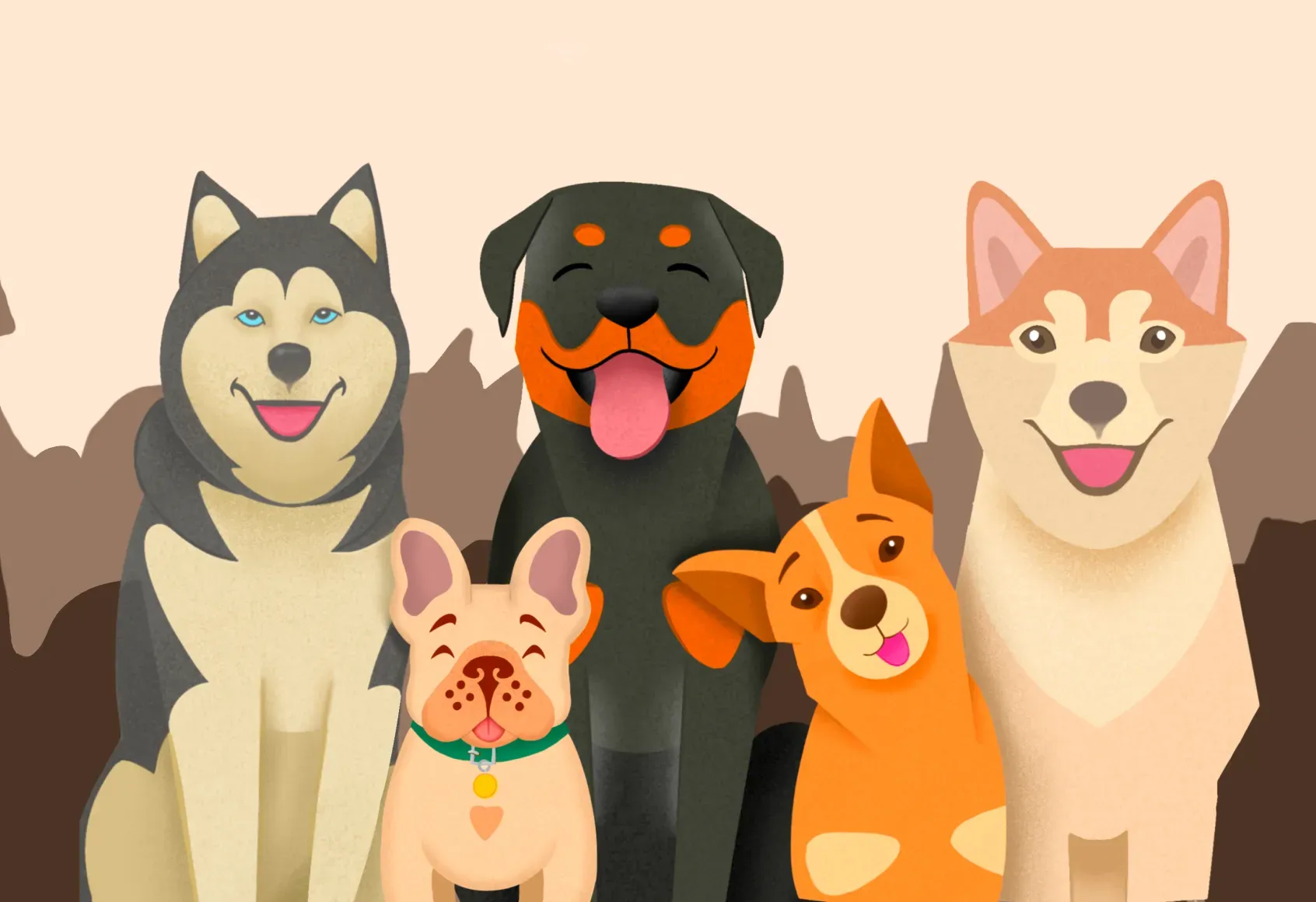All Pets
Dogs
Cats
Birds
Fish
Media
Rescue & Shelters
Pet Services & Shops
Happy Mart
Events
T-Shirts
Home
/
Dog Breeds
/
Giant Schnauzer
Giant Schnauzer
Origin
Germany
Size
Giant Breed
Ideal Space
House with backyard
Ideal Weather
10º-25ºC
Life Expectancy
12-15 years
Cost of buying
₹ 30,000 - ₹ 80,000
Top 5 Traits
Intelligent
Fearless
Protective
Loyal
Energetic
Avg Monthly Expenses
₹ 5,700 - ₹ 8,550




Introduction to the Giant Schnauzer Breed
Characteristics
Barking
Quiet
Loud
Temperament with Kids
Aggressive
Friendly
Playfulness
Silent
Very Playful
Friendliness
Not Friendly
Super Friendly
Compatibility with other dogs
Aggressive
Friendly
Need for attention
Independent
Very Needy
Monthly Expenses

Giant Schnauzer Lifespan and Price
Cost of buying
₹ 30,000 - ₹ 80,000
Prerequisites to pet a Giant Schnauzer
Access to Veterinary
Financial Capability
Appropriate Climate
Lifestyle Compatibility
Space and Environment
Shop or Adopt a Giant Schnauzer: Make a Better Choice!
Nutritional Care for Giant Schnauzers
Monthly Food Expenses
₹ 3,000 - ₹ 4,500
Calories per day
Puppies: 2000 kcal
Adults: 2300 kcal
Essential Nutrients
Protein
Fats
Carbohydrates
Vitamins
Minerals
Fibre
List of foods
Chicken
Dry Dog Food
Fresh Meat
Fresh Fish
Fruits
Vegetables
Breakdown of Macro-nutrients
Best Foods for Giant Schnauzer Dog
Foods to Avoid for Giant Schnauzer
Avoid anything with these ingredients
Alcohol
Almonds
Avocados
Cherries
Cinnamon
Coffee / Tea
Dairy
Fruit seeds
Grapes
Lemon
Milk Products
Mushrooms
Onions
Salt
Sugar

Health
Avg Monthly Expenses
₹ 1,500 - ₹ 2,250
Common Health Issues
Bloat
Heartworm
Hip Dysplasia
Kennel Cough
Parasites
Panosteitis
Canine Influenza
Leptospirosis
Well being
Exercise
Agility Training
Bonding
Games
Socialization
Energy Level
High
Exercise routine
60 - 90 minutes
Recognising Stress
Changes in appetite
Excessive Barking
Pacing
Excessive Panting
Reluctance to move
Increased laziness
Healthcare Tips for Giant Schnauzers
Vaccination details
Growth Stage
Core Vaccines
6-8 Weeks
Canine Distemper, Parvovirus
10-12 Weeks
DHPP (Distemper, Hepatitis, Parvovirus, Parainfluenza)
14-16 Weeks
Rabies, DHPP
12-16 Months
Rabies, DHPP
Anually
Rabies, DHPP (Booster)
Caring for a Senior Giant Schnauzer

Grooming Tips for Giant Schnauzers
Avg Monthly Expenses
₹ 1,200 - ₹ 1,800
Shedding Level
Moderate Shedding
Hygienic Checklist
Brushing
Ear Cleaning
Nail Trimming
Teeth Care
Bathing
Eye Care
Benefits of Grooming
Cleanliness
Low Shedding
Odourless
Prevents infections
Quality of life
Prevents Bad Breath

Compare with similar breeds
Frequently Asked Questions
Q: How big are Giant Schnauzers?
These are large dogs. Females measure in at about 23-25 inches while males are slightly taller at 25-27 inches. They usually weigh between 77-103 pounds. They may even grow to be as much as 95 pounds or greater.
Q: What health issues do Giant Schnauzers commonly face?
Giant Schnauzers, like many other big dogs, can have joint problems such as hip and elbow dysplasia. They may also develop eye issues such as glaucoma and cataracts. Some will go on to develop cancer, hypothyroidism, seizures, or narcolepsy. They're at risk for bloat, so owners have to keep an eye on their food habits.
Q: What is the temperament of a Giant Schnauzer?
Giant Schnauzers are incredibly smart, loyal and protective. They are great guard dogs. They love their families, but they can be shy or cautious when they are with strangers. To feel comfortable with new people, they need to be properly socialized.
Q: How much care do Giant Schnauzers need?
Giant Schnauzers require daily exercise to be happy. Without it, they may get bored and act out. They have a thick coat that needs regular grooming to avoid matting. Mental challenges, like training and games, keep them engaged.











